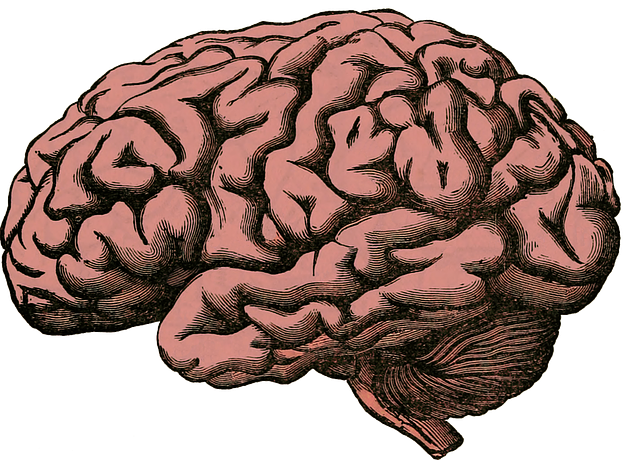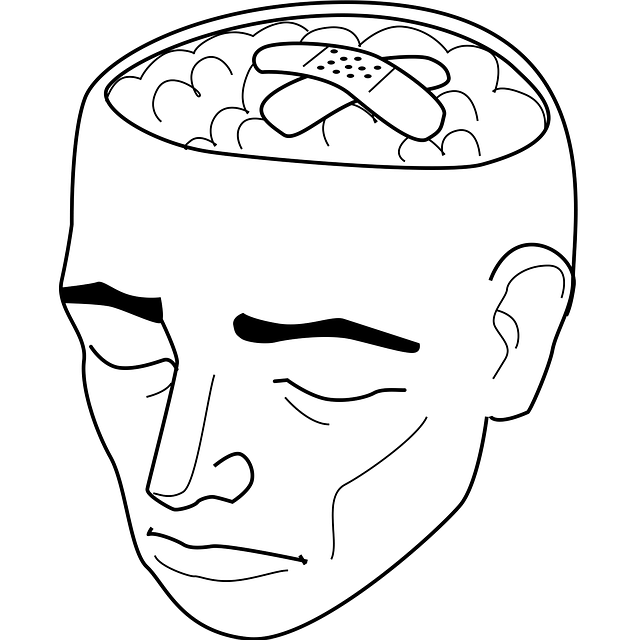Colorado Springs Chronic Pain Therapy emphasizes data-driven, personalized treatment for mental health conditions, including chronic pain. Through meticulous data collection from patient records, surveys, and clinical assessments, therapists gain insights into pain patterns, emotional states, and behavioral triggers. This information is prepared, analyzed, and used to integrate culturally sensitive, resilience-building strategies into treatment plans, empowering individuals to manage their mental wellness. By understanding specific indicators and adjusting therapy based on data, this approach effectively alleviates chronic pain, improves overall mental health, and fosters community resilience in Colorado Springs.
Mental health data analysis is a powerful tool for understanding complex patient needs, especially in managing chronic pain. This article explores the process of analyzing mental health data and its practical applications in Colorado Springs’ therapy programs. We delve into the collection and preparation of data, focusing on identifying patterns of chronic pain. By interpreting these insights, therapists can tailor treatment strategies, ultimately enhancing patient outcomes. Through case studies, we demonstrate how advanced analysis contributes to innovative approaches in Colorado Springs chronic pain therapy.
- Understanding Mental Health Data: Collection and Preparation
- Analyzing Chronic Pain Patterns in Colorado Springs Therapy Programs
- Interpreting Results: Informing Treatment Strategies for Better Patient Outcomes
Understanding Mental Health Data: Collection and Preparation

Understanding Mental Health Data is a pivotal step in effectively addressing and treating various mental health conditions, including chronic pain. In Colorado Springs Chronic Pain Therapy, this process begins with meticulous data collection from multiple sources such as patient records, surveys, and clinical assessments. Each piece of data offers a unique perspective on an individual’s mental state, making comprehensive gathering essential for accurate analysis.
The preparation phase involves cleaning and organizing the collected data to ensure its quality and consistency. This includes handling missing values, identifying outliers, and categorizing information relevant to specific mental health indicators. By addressing these aspects, healthcare professionals can focus on extracting meaningful insights, which in turn facilitates personalized treatment plans. Moreover, considerations for Cultural Sensitivity in Mental Healthcare Practice and incorporating Resilience Building strategies become integral parts of this process, enhancing the overall effectiveness of care. Incorporating self-care routine development as a complementary aspect further empowers individuals to take charge of their mental health.
Analyzing Chronic Pain Patterns in Colorado Springs Therapy Programs

In Colorado Springs, chronic pain is a significant concern, prompting many to seek therapy and support. Data analysis plays a pivotal role in understanding the patterns and triggers associated with this complex issue. By examining patient records and outcomes from various therapy programs, mental health professionals can identify common trends and develop more effective treatment strategies. This approach allows for personalized care, targeting specific pain management needs within the unique context of Colorado Springs communities.
The process involves a comprehensive risk assessment for patients, considering both mental and physical wellness. By integrating this data with the latest research on resilience building, mental wellness coaching programs can be designed to strengthen individuals’ coping mechanisms. Such interventions not only alleviate chronic pain but also enhance overall mental health, fostering a more resilient community in Colorado Springs.
Interpreting Results: Informing Treatment Strategies for Better Patient Outcomes

Interpreting data from mental health assessments is a critical step in tailoring treatment plans for individuals seeking therapy, such as those pursuing Colorado Springs Chronic Pain Therapy. By analyzing patterns within the collected information, therapists can gain valuable insights into patients’ emotional states and behaviors. This process involves identifying key factors contributing to their mental wellness or distress, which guides the development of personalized strategies. For instance, a patient’s Mental Wellness Journaling Exercise Guidance might be adjusted based on data indicating increased stress levels during specific activities.
Integrating Mindfulness Meditation techniques could become a core component of treatment if the analysis reveals effective stress reduction in certain patients. Moreover, understanding emotional healing processes through data-driven insights enables therapists to offer more targeted interventions. These insights not only enhance the effectiveness of therapy sessions but also promote better patient outcomes and improved quality of life for individuals navigating mental health challenges.
Mental health data analysis is a powerful tool that can significantly improve patient outcomes, especially in Colorado Springs chronic pain therapy programs. By understanding and interpreting complex data, therapists can tailor treatment strategies to address specific patient needs. This article has explored the process from data collection and preparation to analyzing chronic pain patterns and interpreting results. Through these methods, mental health professionals can enhance their practices, ensuring better care for individuals seeking relief in Colorado Springs chronic pain therapy.














